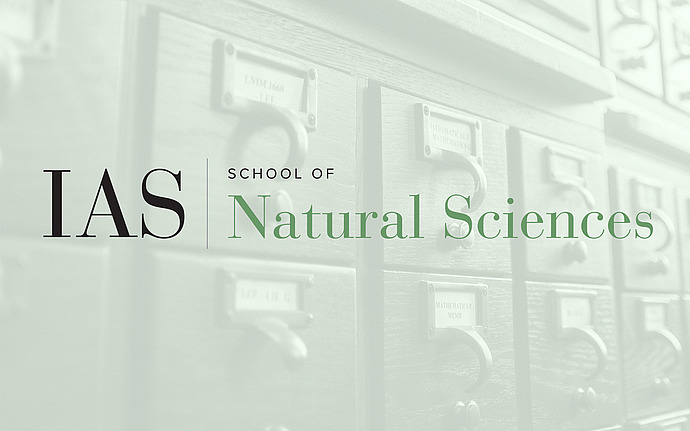
Princeton University/Institute for Advanced Study Planet/Exoplanet Discussion Group
The Circumplanetary Disks: The Key for Planet- and Satellite Formation
Standard giant planet formation theories cannot reproduce well the observed planet mass distribution. One of the problems is with the third stage of core accretion scenario, when the traditional model predicts an exponential growth. In contrast to the 1D core accretion model, 3D hydrodynamic simulations show that in the last stage of formation a circumplanetary disk forms around the planet. This will alter the runaway accretion, especially when we incorporate heating & cooling processes in the simulations as well. My radiative AMR hydrodynamic simulations indicate, that the accretion rate is significantly lowered in the “runaway regime” and the accretion rate depends heavily on the thermodynamics. The local changes in e.g. opacity will change the accretion rate and this could explain why observations reveal intermediate mass planets between 10 and 100 Earth-masses, that should be extremely rare according to the traditional runaway model. The circumplanetary disk is also the place where satellites are forming. With my group we tackle satellite formation by combining the hydrodynamic simulations with population synthesis approach. Apart from understanding how the moon-systems in the Solar System formed, we are trying to understand how the potential exomoon population look like and what fraction of those we can detect with the current and near-future instrumentation via transits and TTVs. The Monday Planet Lunch will be held weekly. We discuss recent papers from astro-ph and hear from the occasional exoplanet visitor. Graduate students are particularly encouraged to attend. The format will be informal and inclusive, spanning at a minimum exoplanets, the solar system, and astrobiology. Moreover, we plan on discussing multiple topics each time we meet, and not to tether a lunch to one organized presentation each sitting. The purpose is to foster wide-ranging and cross-fertilizing interaction and to keep the local community up to date on developments across the spectrum of associated activities. Joel Hartman is the organizer.
Date & Time
March 25, 2019 | 12:15pm – 1:15pm
Location
Princeton University, Peyton Hall, Room 140Speakers
Judit Szulagyi
Affiliation
University of Zurich